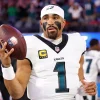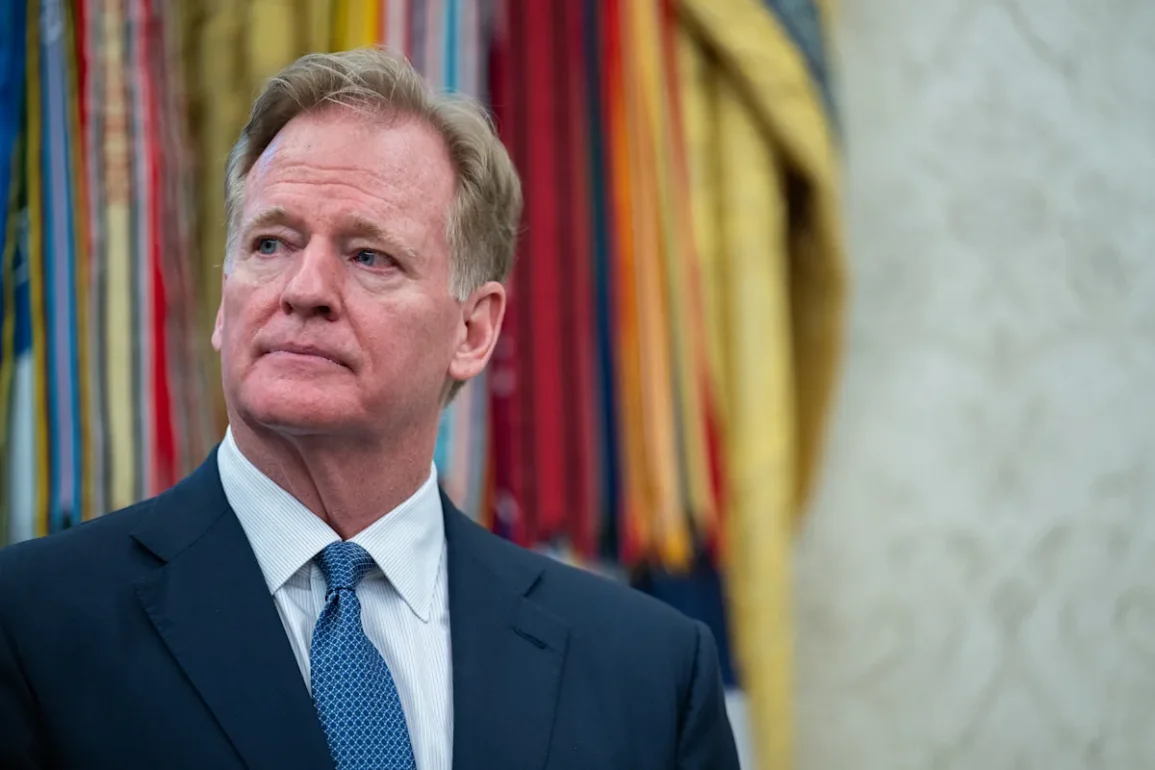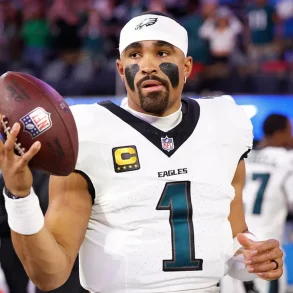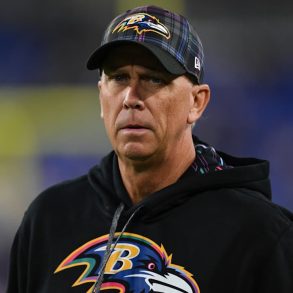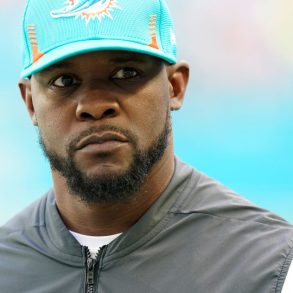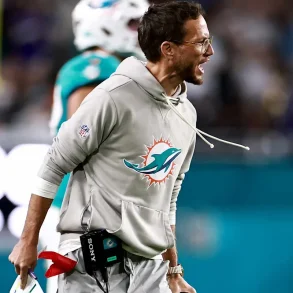System Arbitrator Christopher Droney determined that the NFL actively attempted to influence its 32 teams to limit guaranteed money in player contracts. This conclusion was based on clear-cut evidence, particularly surrounding a directive issued at the March 2022 NFL owners’ meeting.
According to Droney, the NFL Management Council, with Commissioner Roger Goodell’s approval, encouraged all teams to reduce guarantees in veteran contracts. However, while Droney acknowledged the league’s intent, he stopped short of addressing whether the teams actually acted on this directive, ignoring strong circumstantial evidence pointing to coordinated behavior.
Russell Wilson’s Contract Talks Reflect Sudden League-Driven Shift in Guarantee Policy
One of the most compelling examples of this shift in contract strategy came from quarterback Russell Wilson’s testimony. Wilson revealed that, during initial talks with the Denver Broncos, he proposed a seven-year, fully guaranteed contract worth around $50 million per year.
The Broncos, he said, “didn’t blink” at the idea. But after the trade to Denver was finalized on March 16, 2022, the tone of negotiations changed drastically. Within ten days, the team became hesitant about offering a fully guaranteed deal, aligning almost exactly with the March 28 meeting where the NFL advised teams to limit guarantees.
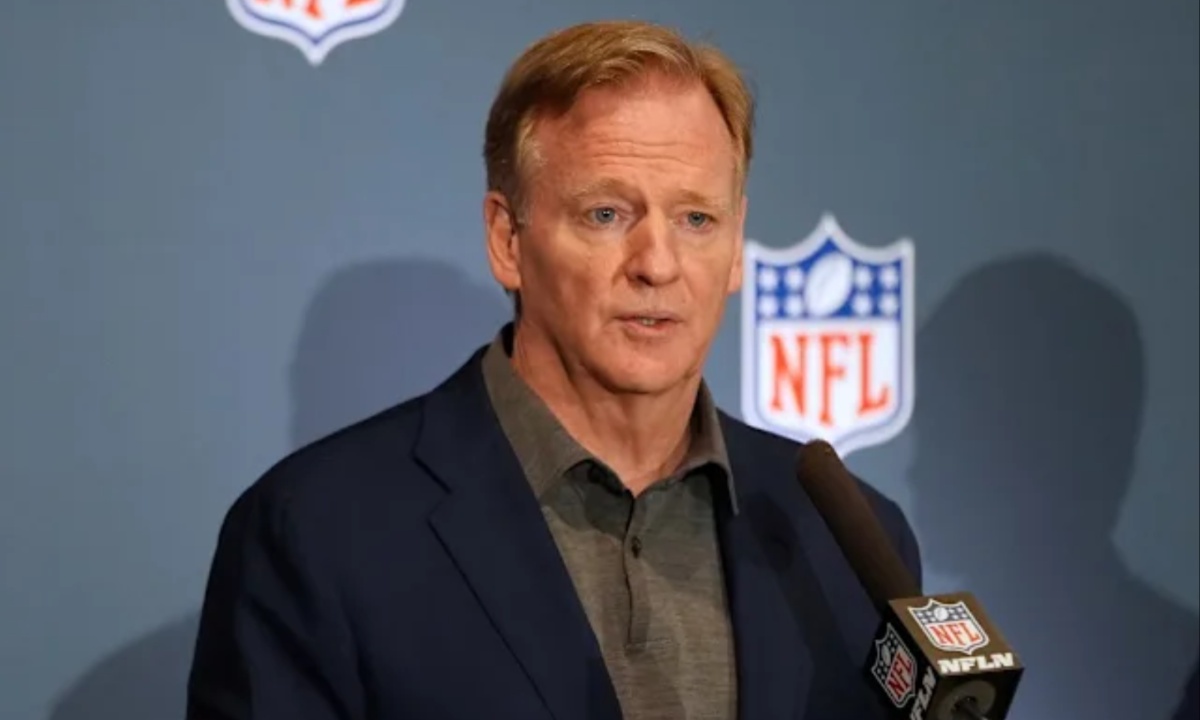
The timeline of events surrounding the Wilson negotiations points directly to influence from the league office. After the trade and the league’s guidance, the Broncos grew cold on fully guaranteed terms. This continued into August when the team was sold to the Walton-Penner ownership group. Despite earlier willingness, the Broncos now deemed a fully guaranteed contract a “non-starter.”
The reversal came even though Deshaun Watson had already secured a fully guaranteed deal, setting a precedent. The Broncos’ about-face strongly suggests they were aligning with a broader league effort to avoid similar contracts.
Private Owner Messages Reveal League-Wide Effort to Undermine Guaranteed NFL Contracts
Internal communications among Broncos ownership added to the circumstantial evidence. Greg Penner, the team’s new owner, expressed concerns that Wilson’s deal should not go beyond what “other owners will consider off market,” referencing the Watson deal as a dangerous benchmark. He even noted that General Manager George Paton was pleased with the deal’s message to the rest of the league.
These comments echo other owner conversations, like the text exchange between Dean Spanos and Michael Bidwill, where similar concerns were shared. These private communications bolster the theory of a coordinated stance among teams to avoid fully guaranteed contracts.
Despite the compelling nature of the evidence, Droney did not conclude that teams colluded in execution—only that the league had made the attempt. This reluctance to connect the final dots undermines the seriousness of the findings. Moreover, the NFL Players Association has been criticized for its passive role in the matter.
By not publicizing Droney’s full 61-page ruling, the union is missing a critical opportunity to advocate for player interests and expose potential anti-competitive behavior. The facts are clear, and yet the institutional responses remain muted, raising questions about accountability within both the league and the players’ own representation.
